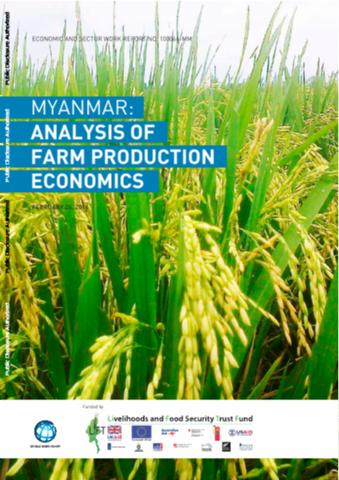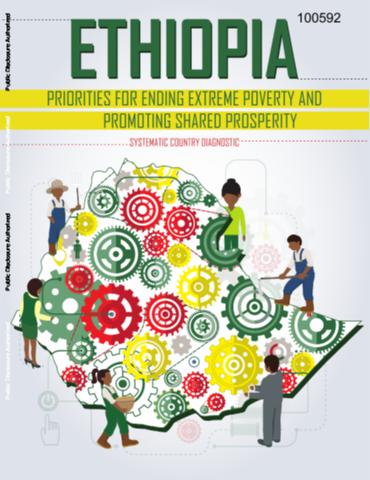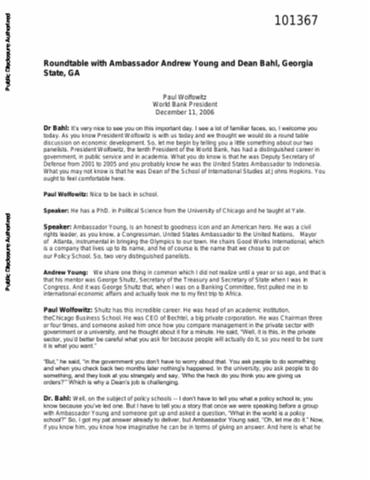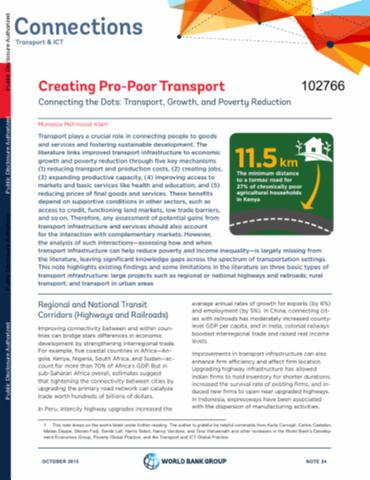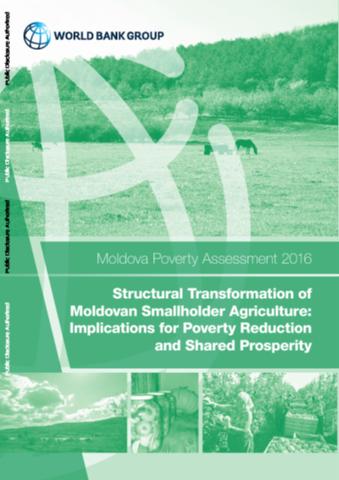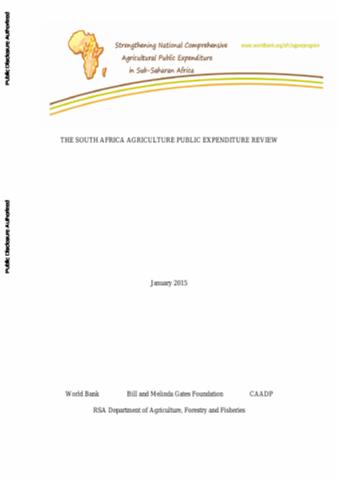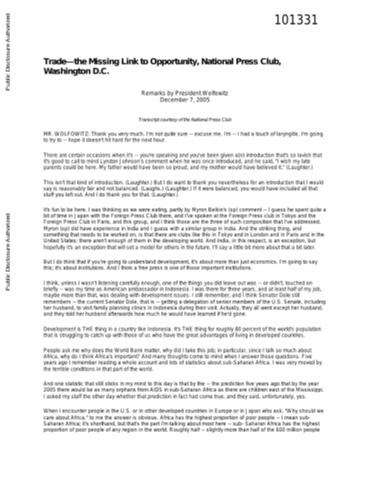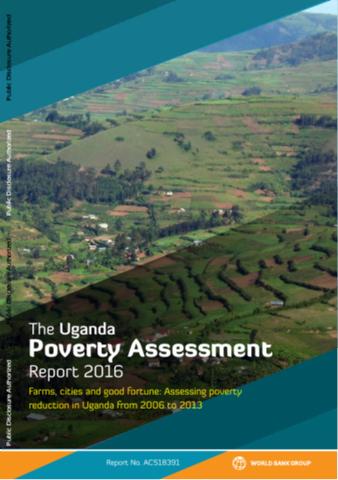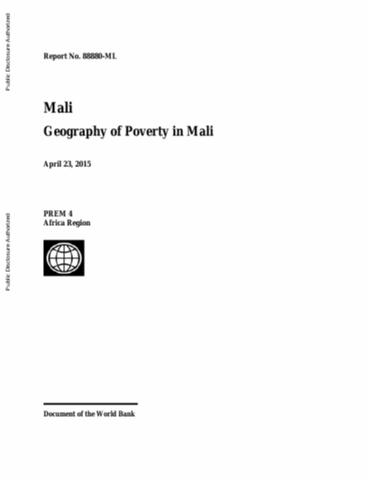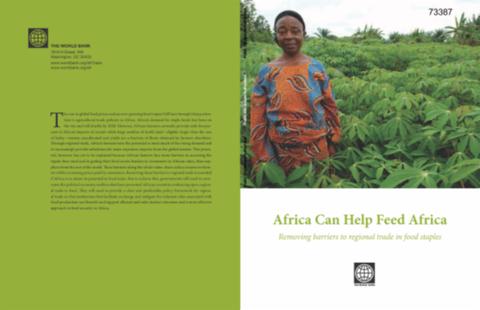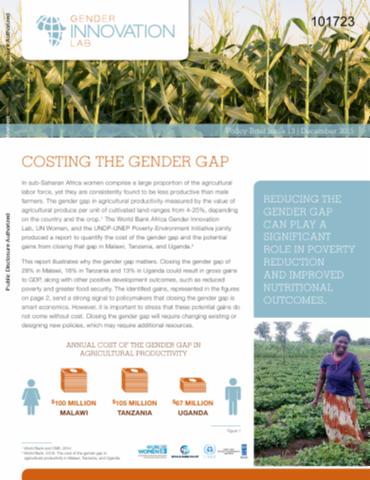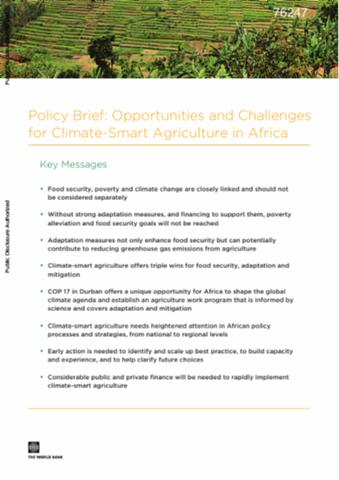Myanmar
This report was prepared by the World Bank in partnership with the Livelihoods and Food Security Multi-Donor Trust Fund (LIFT). Both the World Bank and the LIFT are actively involved in supporting Myanmar’s agriculture sector given its significance in poverty reduction and food security, and they both consider the lack of reliable farm data to be a significant constraint to designing effective programs and policies. This report fills some of the data gaps. In addition to presenting the collected data, the report offers the first analysis of these data.

